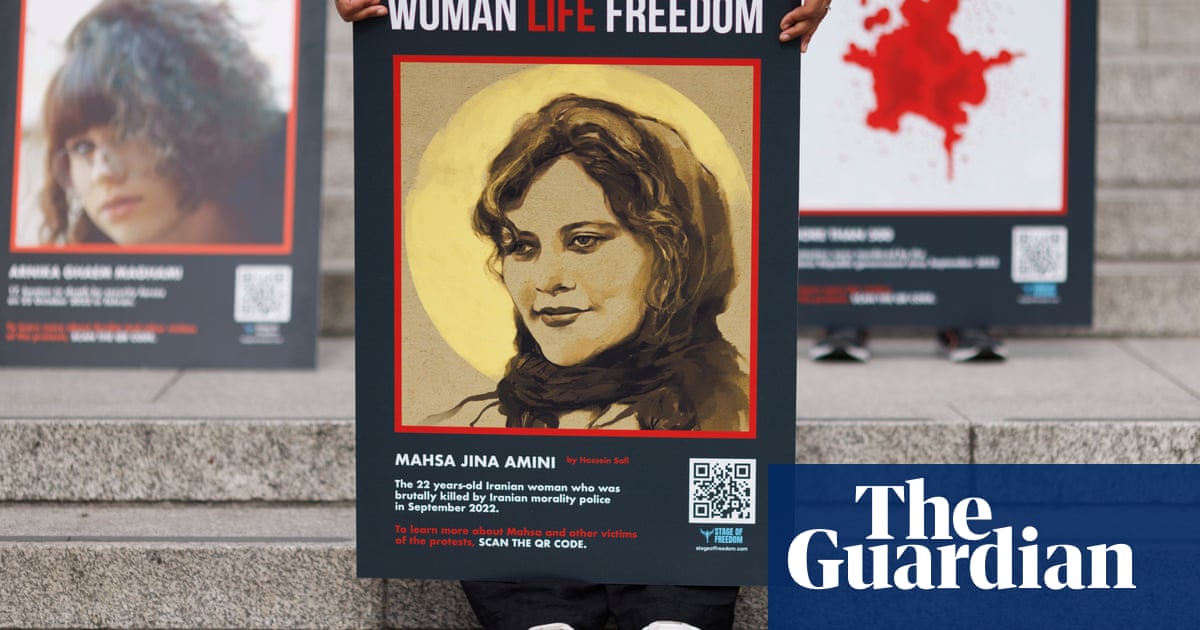
More than £4bn in wages has been withheld from millions of garment workers making clothes for western clothing brands over the past 15 years, according to new estimates on severance “wage theft” in the global fashion industry.
The Worker Rights Consortium (WRC), a labour rights investigative organisation, says that garment workers have been denied billions of pounds of legally mandated severance pay, which they should have received after being sacked or losing their jobs due to brands cancelling orders or factory closures.
Severance pay is financial compensation that workers are legally entitled to if their employment is terminated or the business closes.
“It doesn’t grab headlines, but when workers lose their jobs and are then denied severance they spent years earning, it has devastating consequences for them and their families,” said Scott Nova, executive director at the WRC.
Nova said the issue of severance “theft” was a “hidden crime” in the global fashion industry that received little attention, while victimising millions of workers across the world.
“Apparel brands have known about severance theft for years but have done nothing to stop it. Their voluntary labour standards have allowed them to ignore the problem with impunity,” Nova said.
The WRC highlighted an ongoing case involving workers at a factory making Disney products in El Salvador, which it claims owes 250 workers a total of £1.4m in severance pay. For some, their share of the total is the equivalent of more than two years’ wages.
The factory, Style Avenue, which made branded sportswear, ceased production in February 2023 and closed in May, making hundreds of workers unemployed.
Disney had granted a licence to Outerstuff, a US designer and manufacturer of licensed children’s sports clothing, to make Disney children’s clothing. The clothing was made at the factory and was co-branded with the logos of US National Football League (NFL) or National Basketball Association (NBA) teams.
The WRC says that one of the owners of the factory was temporarily jailed for failing to pay healthcare and pension contributions for employees. Instead of being paid what they were owed, the WRC says that Style Avenue employees were paid about £45 each, less than 1% of their legal entitlement.
The WRC claims that this failure so far to pay workers made Outerstuff an outlier in the industry and that as companies making clothes for certain brands, including for the NFL and the NBA, were subject to enforceable labour standards, that obliges them to repay stolen severance pay.
In response to the WRC’s claim, Outerstuff claims that the WRC’s analysis is factually inaccurate and denies that it is obliged to pay the severance money. However, after the Guardian approached Outerstuff for comment, the company confirmed it would pay nearly $1m.
In a statement to the Guardian, Outerstuff said it “takes and has consistently taken worker rights very seriously. We manage a structured, global compliance programme that outlines and requires a code of conduct for all our suppliers. At this time, despite our strong feeling that we have met all licence requirements, Outerstuff is nonetheless working on a structured plan that will provide nearly $1m in finances to the workers as soon as possible.”
Nova said: “In addition to Outerstuff, you have Disney with annual revenue of $89bn, the NFL and its teams with $18bn, and the NBA with $11bn. With combined revenue of $120bn, you would think these brands could scrape together $1.8m to pay the workers who sewed their onesies the money they earned.”
Disney, the US National Football League and the NBA have also been contacted by the WRC to appeal for them to intervene in the dispute. They did not respond to requests for comment from the Guardian.
One former worker at the factory said she had been working at Style Avenue for 12 years and is now facing destitution after losing her job and not getting her severance pay.
“They never told us the factory was going to close but when it did, I knew they had to pay us severance,” she said. “I was owed $7,700 in total. The factory told us they would pay us 50% of what we are owed but they never did. I have debts to pay off and since I haven’t been able to make payments, the interest is accumulating. We have had to borrow money for electricity and water. I haven’t been able to buy clothing or shoes for my children.”
Another worker who said she worked at Style Avenue for more than 10 years said that, after the factory closed, she went to the Ministry of Labour for her severance calculation and was told she was owed $12,000 (£9,500).
“My monthly salary at the factory was $360 (£282) but that never covered my living expenses. Not getting my severance has had a big impact. Our house has a tin roof and water is coming in but I don’t have money to fix it. I can’t buy food or get medicine for my stomach infection.”
The WRC says that severance wage “theft” has spiked since Covid shuttered high streets and led to clothing brands cancelling millions of pounds worth of clothing orders with their overseas suppliers. As a result, hundreds of thousands of garment workers lost their jobs as factories closed and brands continued to cancel or reduce orders in an attempt to recoup the losses they suffered.
Shortly after the pandemic, WRC investigations found that workers had been denied nearly $1bn in severance pay and other unpaid wages from 2020-2022.
In 2022, a coalition of more than 200 rights groups urged brands to sign a binding agreement with unions to establish a global severance fund that they would pay into to help workers who had lost their jobs and were not paid what they were due.









